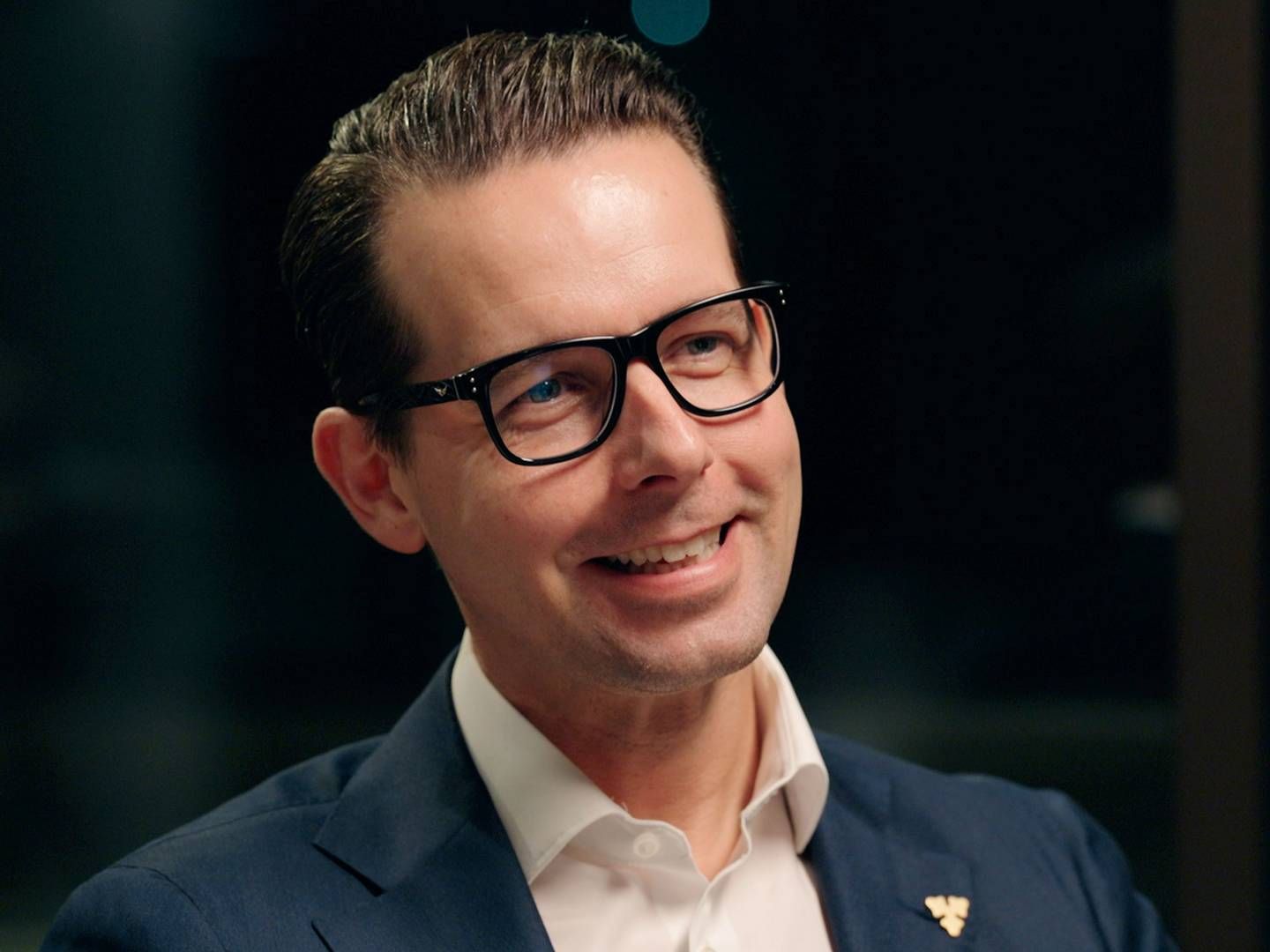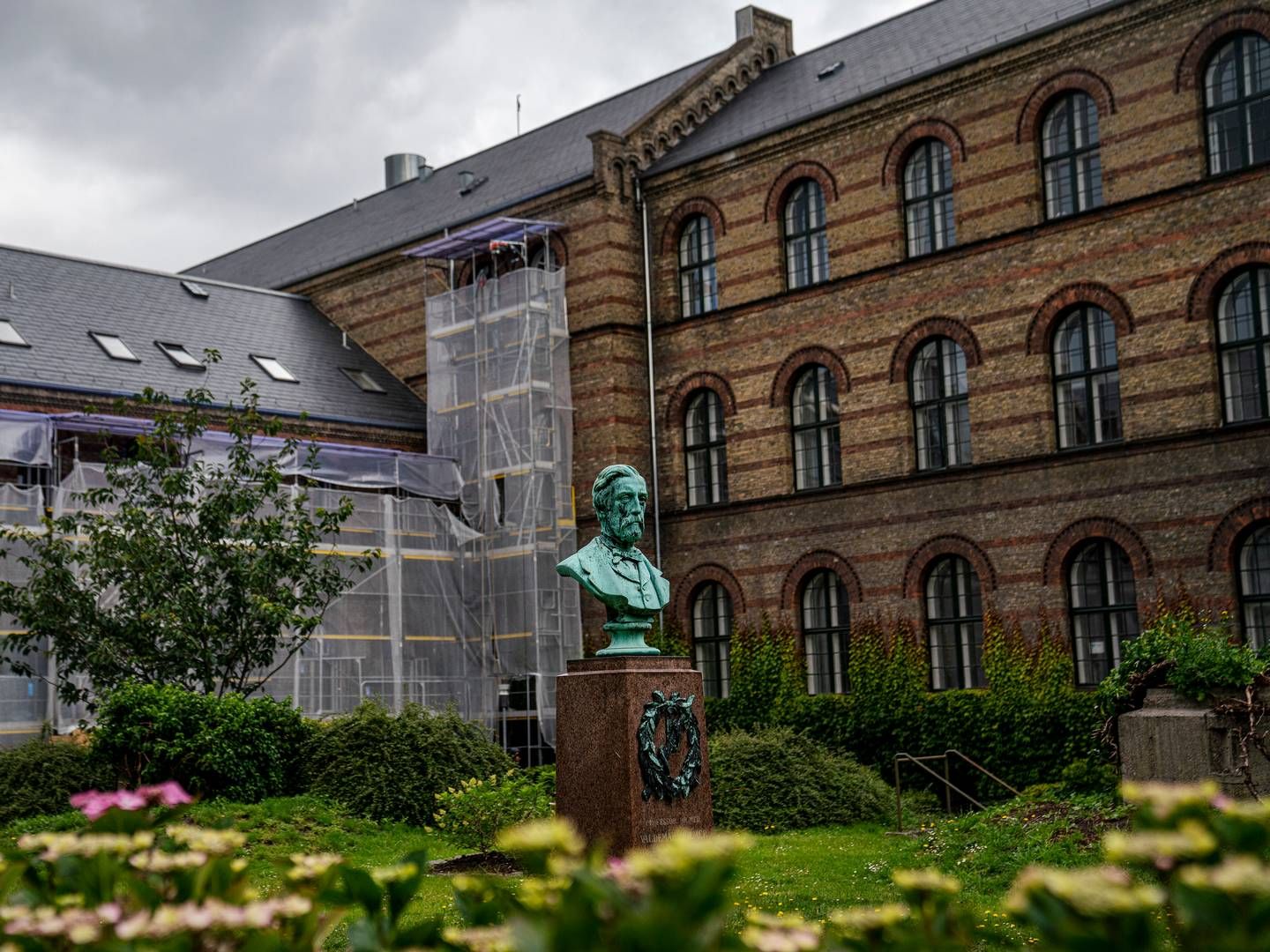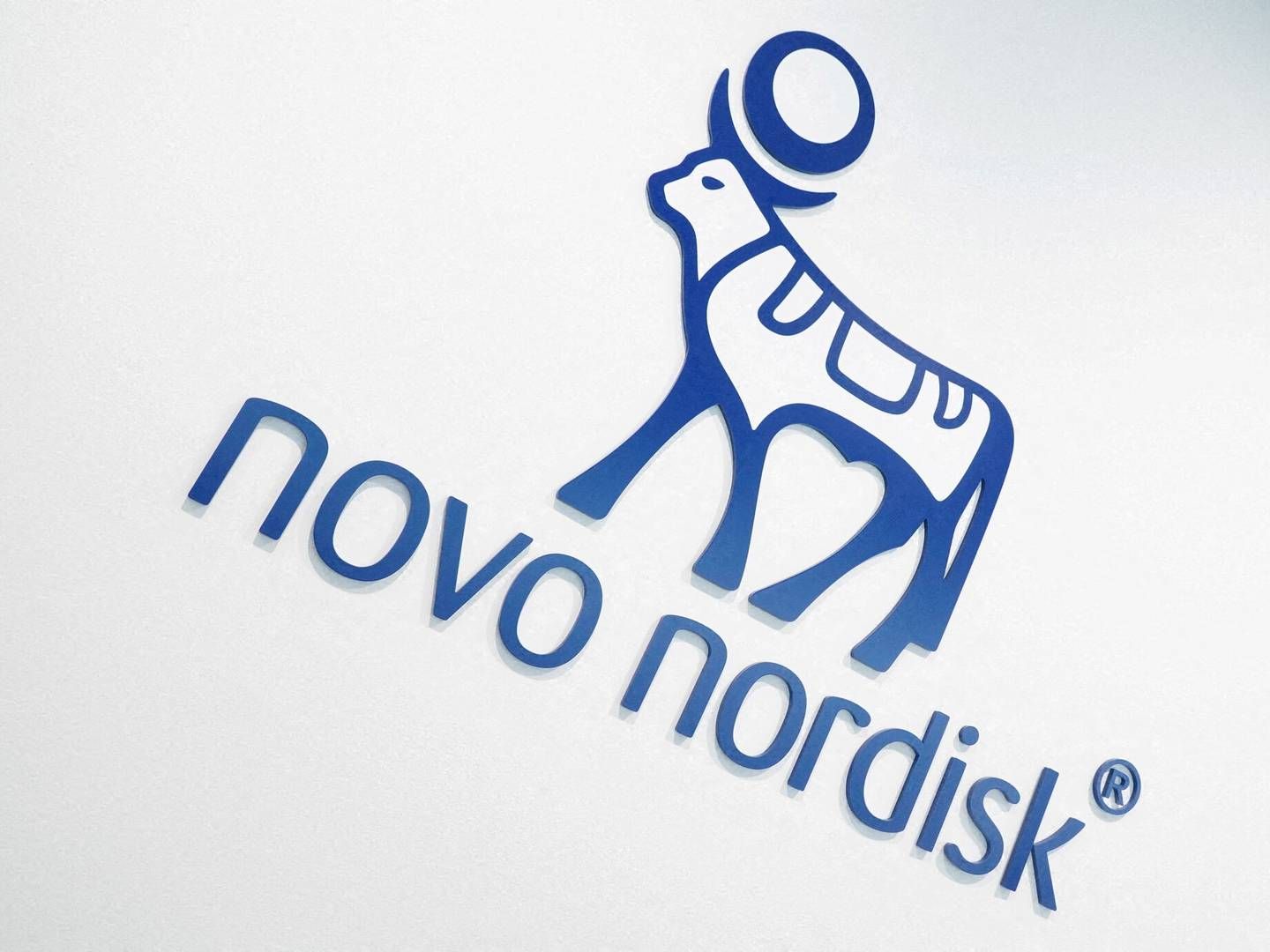Forbrugerne og CSR: Et fornuftægteskab
One of the central arguments in favour of corporate commitment to and engagement in social responsibilities is providing a “yes”-answer to this question. It is embedded in the general stakeholder argument: a socially responsible company is supposed to address the concerns and satisfy the demands of its main stakeholders (e.g., Donaldson & Preston, 1995; Jones, 1995; Maignan, Ferrell & Hult, 1999; Waddock, 2000) – those actors who can, directly or indirectly, affect, or be affected by, corporate activities such as customers, suppliers, employees, shareholders, the media, investors, regulators, and interest organisations (cf., Freeman, 1984).
Consumers are definitely one of the key stakeholders of companies in the marketing exchange process (Folkes & Kamins, 1999; Hunt & Vitell, 1992). However, research addressing the relationships between CSR activities and consumers-as-stakeholders’ perceptions, attitudes and behaviours is so far quite underresearched. Moreover – as will be seen below – the few studies investigating consumers and marketing management in this context are concerned with a wide and not necessarily coherent range of issues. Additionally, studies explicitly investigating consumers’ responses to the communication of CSR are scarce, while some research more implicitly addresses consumer responses or non-responses often conceptualized as brand evaluations or purchase intentions.
Consequently, this chapter addresses the central question of what we know so far as to when, why and how consumers respond to which CSR activities? This assessment will then be used to identify crucial research issues that are of specific relevance for organisations willing to engage in CSR activities and interested in communicating their engagement to one or more of their main stakeholders. A brief introduction to the history of CSR-related thinking in consumer and marketing management research provides the background necessary to understand the currents status of affairs.
Dette var et uddrag fra kapitel 7 i bogen Strategic CSR Communication, redigeret af Mette Morsing og Suzanne C. Beckmann, DJØF Publishing, Jurist- og Økonomforbundets Forlag 2006






























